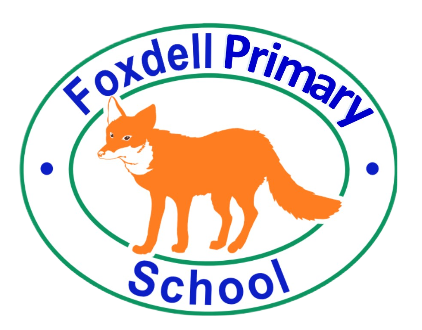English
English has a pre-eminent place in education and in society. A high-quality education in English will teach pupils to speak and write fluently so that they can communicate their ideas and emotions to others and through their reading and listening, others can communicate with them. Through reading in particular, pupils have a chance to develop culturally, emotionally, intellectually, socially and spiritually. Literature, especially, plays a key role in such development. Reading also enables pupils both to acquire knowledge and to build on what they already know. All the skills of language are essential to participating fully as a member of society; pupils, therefore, who do not learn to speak, read and write fluently and confidently are effectively disenfranchised. (National Curriculum 2014)
At Foxdell Primary School, our aim is to ensure that every child becomes a confident reader, writer and speaker by the time they leave primary school. We promote and instil a love for reading, writing and high-quality literature with pupils at all ages.
We aim to develop an English curriculum which is centred around high-quality, engaging texts which expose the children to different cultures and experiences beyond their daily life.
We aim to ensure that children from all groups make progress. We recognise that each child has their own starting point upon entry to every year group and progress is measured in line with these starting points to ensure every child can celebrate success.
English is seen as the cornerstone of the entire curriculum. It is embedded within all our lessons and we will strive for a high level of English for all. By immersing children in vocabulary rich learning environments and mapping out the progression of skills, the children at Foxdell Primary School will be exposed to a language heavy, creative and continuous English curriculum where reading and writing are intrinsically linked. This will not only enable them to become literate but will also develop a love of reading, creative writing and purposeful speaking and listening.
We aim to equip children with the knowledge about how spoken language works so that they become confident speakers and considerate listeners. We use talk as a tool for learning; exploring model texts, through shared writing and oral rehearsal of the written word. We teach vocabulary so that children have a broader range of words from which to choose when composing their own texts, whether these are spoken or written. We firmly believe it is not just about how many words you know, it is more to do with how you choose and use them.
We need to develop pupils’ competence in transcription (spelling and handwriting) and composition (articulating ideas and structuring them in speech and writing).
